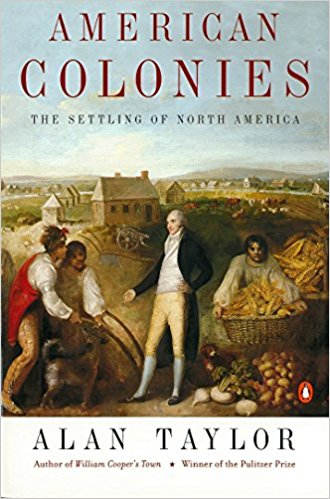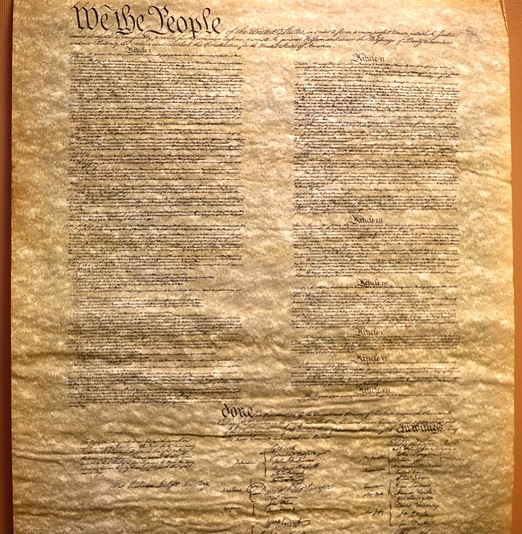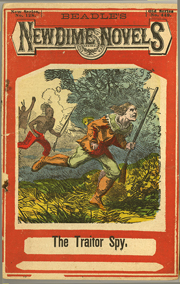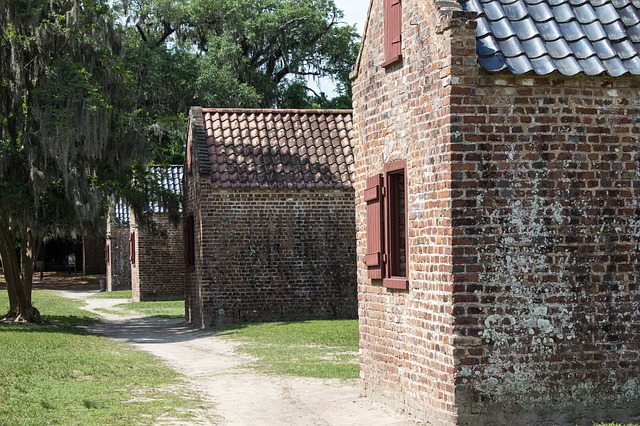
Book review: American Colonies
England was playing catch-up
with the Mayflower folks…
Book review:
American Colonies:
The Settling of North America, Vol. 1
by Alan Taylor
New York: Penguin Books, 2002
The Pilgrims and the founders of Plymouth Colony came late in the world-changing game of European invasion of the Americas.
The Portuguese, Spanish, and French preceded the English in exploring, settling, and exploiting North America, South America, and the Caribbean islands.
The plain fact is that English colonists were late arrivals because England had been preoccupied with European conflicts, and because England wasn’t sufficiently powerful to manage imperial strategies on both sides of the Atlantic before the 17th century brought new fears and new opportunities to the court of King James I.
This is a historian’s book.
I think American Colonies will not tempt a casual reader. It’s not so much that a reader needs detailed historical knowledge to enjoy and learn from American Colonies. Rather, a significant interest in the origins and context of colonial history in the Americas will allow a reader to broaden and deepen her knowledge and appreciation of the evolution of European intrusion on two continents that sustained tens of millions of indigenous inhabitants whose cultures were as ancient as those in Europe, and notably successful.
The brutal reality is that the invading Europeans killed most of the native peoples and displaced the survivors with despicable disdain and carelessly criminal violence.
Alan Taylor is a dispassionate, concise, notably well-informed historian who has organized this book to prepare the student of history for more study and more understanding of how we came to be the inheritors of the American experiences.
Taylor doesn’t waste any time with polemics against our predecessors who committed murders and did so many other evil things in establishing new settlements in the Americas. He doesn’t hide any of the horrors.
We have so much to learn about our past. This book importantly informs our quest.
* * * * * *
Book review. Copyright © Richard Carl Subber 2017 All rights reserved.
–
As with another eye: Poems of exactitude with 55 free verse and haiku poems,
and the rest of my poetry books are for sale on Amazon (paperback and Kindle)
and free in Kindle Unlimited, search Amazon for “Richard Carl Subber”
–
On this website you can read: my poetry in free verse and 5-7-5 haiku format—nature poems, love poems, poems about grandchildren, and a spectrum of other topics—written in a way that makes it possible for you to know, as precisely as possible, what’s going on in my mind and in my imagination; thoughtful book reviews that offer some exceptional critique of the book instead of a simple book summary; examinations of history that did and didn’t happen; examples of my love affair with words; reflections on the quotations, art, and wisdom of famous and not-so-famous people, and occasional comments on politics and human nature.
Your comments on my poems, book reviews and other posts are welcome.



